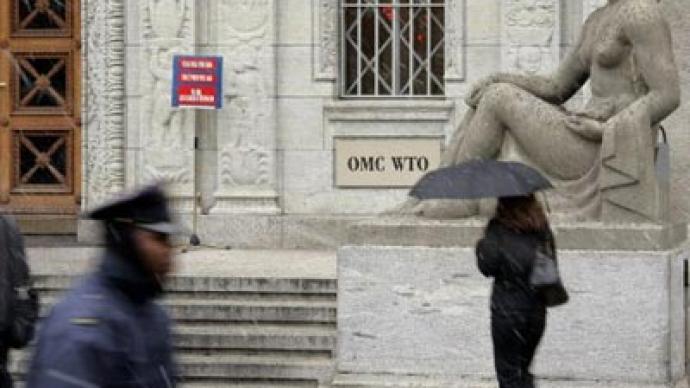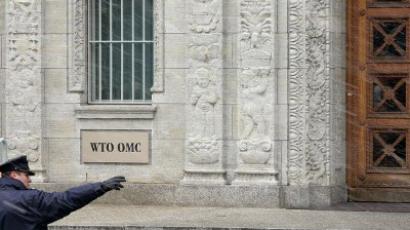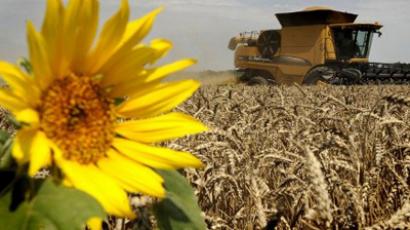Terms of trade

A new free trade agreement between most of the former Soviet republics will help Ukraine liberalize its trade with Russia and boost progress in talks on striking a similar agreement with the EU.
A deal signed by 8 former Soviet republics last month has been just published. It's goal is to reduce the number of import and export duties the countries impose. But they have agreed to keep some of the duties to protect their domestic producers and are free to take any protective and anti-dumping actions as long as they are in line with WTO rules. For example, Ukraine is retaining its sugar import and metal export duties while Russia will continue to enforce export duties on lumber, nonferrous metals, cement, ethanol, tuna, sunflower seeds and seafood. Analysts from the Kiev Center of Political Studies and Conflictology say the agreement will help prevent future gas rows between Russia and Ukraine and lower gas prices for Ukrainian consumers. A key issue now is how the agreement will function when over half of its members are WTO members and the rest are not. Although signatories had agreed the creation of the free trade zone should not hamper WTO membership, “the Other Three” non-WTO members, Belarus, Kazakhstan and Tajikistan, may be inclined to introduce protectionist measures if they feel their agriculture and industries are under threat.














